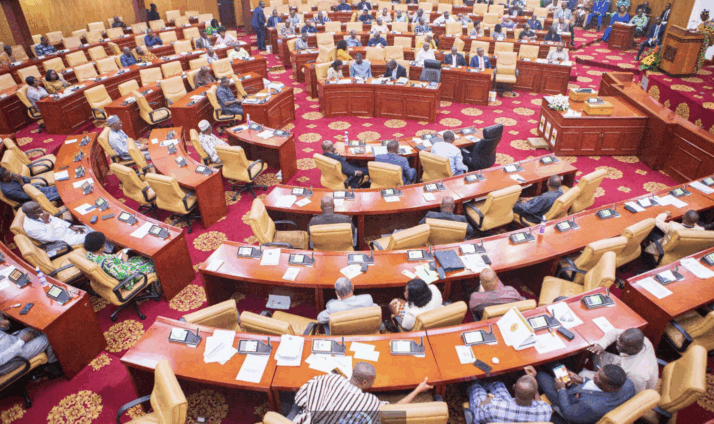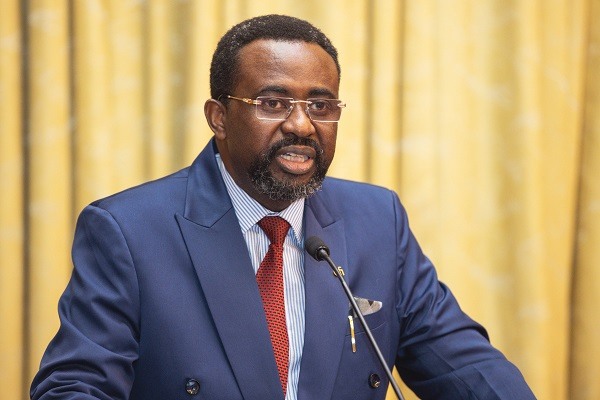The Governor of the Bank of Ghana, Dr. Johnson Asiama, has warned that the increasing dollarisation of Ghana’s economy is posing a significant threat to the stability of the local currency and broader macroeconomic progress, despite recent gains in the value of the Cedi.
Speaking at the Graphic Business/Stanbic Bank Breakfast Meeting in Accra on Tuesday, Dr. Asiama said that the widespread practice of pricing goods and services in U.S. dollars—particularly in sectors such as real estate, education, and high-end retail—was eroding public confidence in the Cedi and violating legal tender laws.
“We are still grappling with a deep-rooted culture of dollarisation,” Dr. Asiama said. “Too many businesses continue to price in dollars, despite transacting entirely within Ghana. This not only undermines the authority of the Cedi but also weakens the broader effort to maintain price and currency stability.
Disconnect Between Export Earnings and Domestic Investment
The Governor also drew attention to a growing concern within the central bank: a structural disconnect between Ghana’s foreign exchange inflows and domestic economic reinvestment. While export receipts have improved, he noted, a considerable share of these earnings is being retained offshore or is not reinvested productively in the local economy.
“Even more concerning is the mismatch between forex inflows and domestic reinvestment,” Dr. Asiama said. “Ghana’s formal savings rate remains low, and our export value retention—especially among SMEs and informal sector actors—is far below potential.
Policy Implications and Path Forward
The remarks come as the Bank of Ghana continues efforts to stabilize the economy following years of inflationary pressures, external debt restructuring, and currency depreciation. Though the Cedi has seen modest recovery in recent quarters, dollarisation threatens to derail confidence-building measures, according to the Governor.
Analysts view the central bank’s renewed emphasis on currency confidence as part of a broader push to promote long-term economic resilience. Rebuilding trust in the Cedi, Asiama said, will require collaboration across the financial sector, stricter enforcement of legal tender laws, and fiscal discipline from the government.
“The health of our currency is fundamentally tied to confidence,” he said. “And confidence cannot be legislated—it must be earned through stability, credibility, and performance.”
The central bank is expected to roll out additional policy measures in the coming months to limit informal dollar transactions and incentivize domestic savings and investment.














